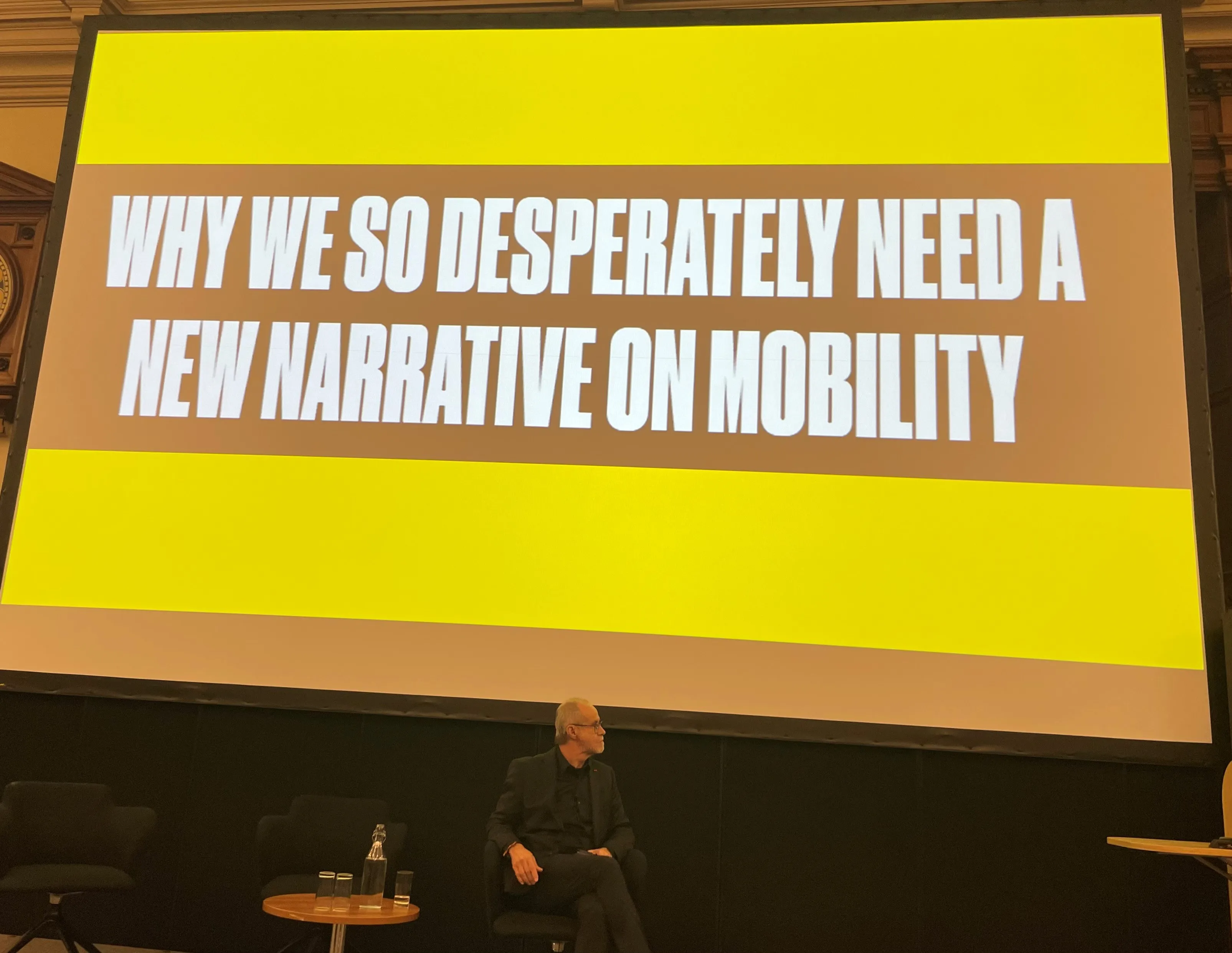
Sidewalk Labs is giving up on its plans to bring smart city technology to Toronto, blaming the economic uncertainty caused by the coronavirus pandemic.
Company CEO Daniel L. Doctoroff spoke of his “great personal sadness and disappointment” at the move.
But the project had been controversial in the Canadian city, with civil rights groups uneasy at the involvement of Alphabet, the parent company of Google, in Sidewalk Labs.
Personal data of users of the area would have been collected in some form, raising concerns over privacy issues.
However, Doctoroff said it was no longer possible to carry on.
“As unprecedented economic uncertainty has set in around the world and in the Toronto real estate market, it has become too difficult to make the 12-acre project financially viable without sacrificing core parts of the plan we had developed together with Waterfront Toronto to build a truly inclusive, sustainable community.”
But the company insisted this would not be the end of such initiatives.
“While we won’t be pursuing this particular project, the current health emergency makes us feel even more strongly about the importance of reimagining cities for the future,” Doctoroff concluded.










